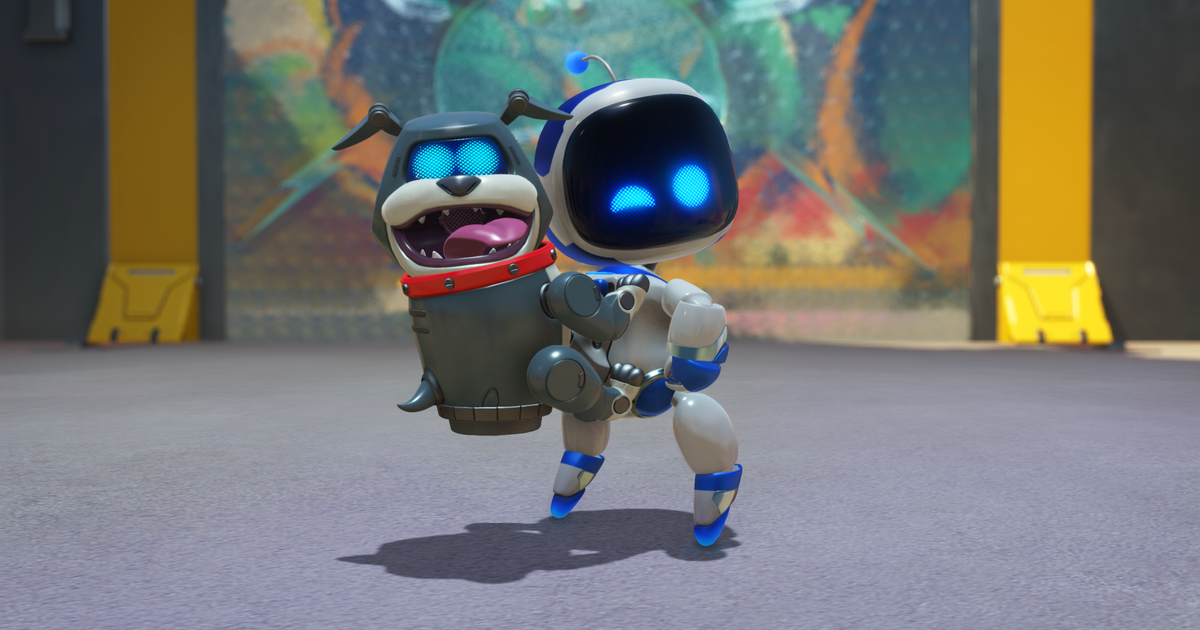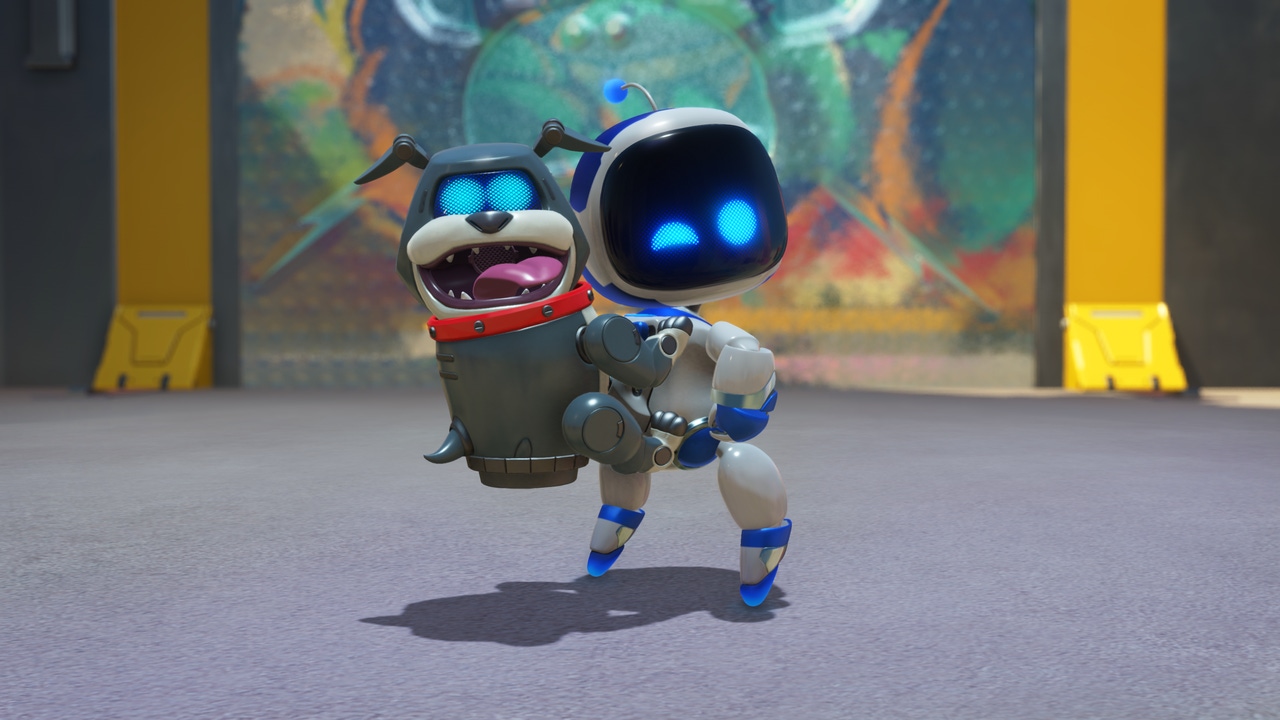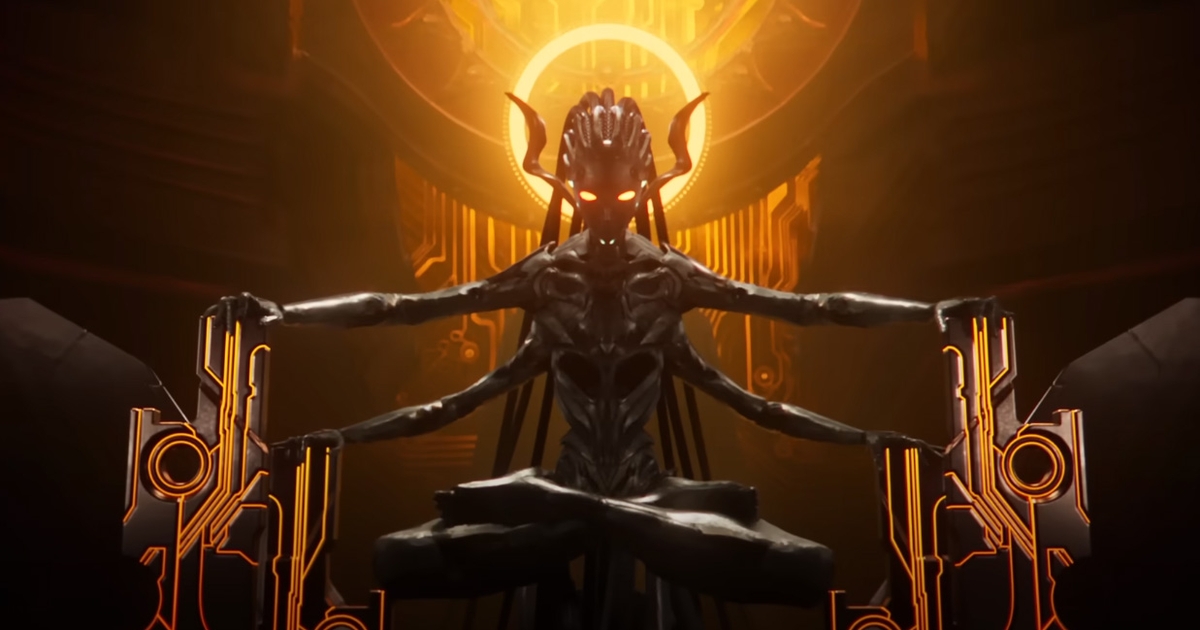
June 12, 2024

At a Glance
- Sony’s Astro Bot is the next standalone game starring its titular tech demo mascot.
- The Astro Bot character previously was used to show off the potency of the PlayStation VR and PlayStation 5.
- The only PS5 technology he won’t be showing off this year is the PSVR2.
PlayStation has found its very own cute platformer mascot in the modern age with Astro, the hero of the Astro Bot series from developer Team Asobi. He burst onto the scene in 2018 with the critically acclaimed Astro Bot: Rescue Mission for PS4 and PlayStation VR. His follow-up adventure, Astro’s Playroom, was released in 2020 and came pre-installed with every PS5 console.
Those two games both debuted as demonstrations of major technology rollouts for the company. In Rescue Mission, Asobi used Astro Bot to show off the capabilities of PSVR, and Astro’s Playroom introduced the computing power capabilities of the PS5—capabilities that many developers have yet to fully take advantage of.
If other developers aren’t using that processing power—well then the little bot will just do it himself. Earlier this month Sony announced that Astro’s journey would continue in the upcoming PS5 game, titled Astro Bot.
Game Developer spent some time playing Astro Bot at Summer Game Fest and spoke with director Nicolas Doucet about what it’s like to make a game with a character previously known for showing off tech demos and expanding even more on the haptic feedback features of the DualSense controller.
Astro Bot shows off more power from the PS5
Doucet said that Team Asobi went with the simple name Astro Bot in order to distinguish that it’s a big story for Astro and a new beginning. The studio’s first two games were released in 2016 called The Playroom and The Playroom VR, which could be described as tech demos to show off the capabilities of PS4’s DualShock 4 controller and the PSVR headset.
That naming convention transferred over to Astro’s Playroom. “So we use that word on purpose to really establish that this is a toy, just a tech demo,” Doucet explained. “Now the name is free so we can make something big and really start from there.”
Team Asobi learned from developing Rescue Mission and Astro’s Playroom that the gameplay has to continually keep the experience fresh, which is why the team created 15 new powers for Astro to utilize when going traversing through levels. With Astro Bot, a big focus was creating many different kinds of planets and worlds filled with unique gameplay mechanics.

Image via Team Asobi/PlayStation
Three of Astro’s new powers were playable during the hands-on segment. These included Astro puffing himself up like a balloon to reach new heights, a backpack that lets him charge at enemies, and a pair of spring arms to hit enemies from afar.
“It’s more about what’s going to be the next surprise that the game throws at you. In order to keep that going, we have to be really inventive and creative,” said Doucet.
There were several different ways that Team Asobi prototyped new DualSense features. In one independent demo separate from the game, the developers had this idea of turning Astro into a sponge. The adaptive triggers would feel heavy, like how a sponge would be filled with water. But when pressed down, water would squeeze out and then the triggers would feel light.
Doucet also revealed another DualSense haptic feedback feature that wasn’t shown off in the demo. There are moments in Astro Bot where players can stroke their hand and run Astro against the wall. And according to a change of texture, you can feel when you’ve stumbled across a secret passage.
“That’s something that could be done with normal vibration, but it would’ve been very primitive,” Doucet said. “With the DualSense, it has so much finesse that you can actually feel the difference in expression.”
Astro Bot’s level design and layout have changed from previous games too. In Astro’s Playroom, the levels were laid out with some platforming, then some mini-games, then back to platforming. Doucet noted that the big difference in Astro Bot is that every power up and ability supports the game’s basic platformer mechanics.
The overworld has been structured similar to something like Super Mario Galaxy. Astro can fly around in his ship to decide on which world to tackle next. There are six galaxies and 80 levels in total, which include the main campaign, side levels, and secret ones. This approach was made to provide players more freedom in the order they want to tackle levels as they unlock.
In these levels, Astro can find his missing bot crewmates hidden as collectibles. Astro Bot will also feature over 150 VIP bots, which are cameos from other PlayStation franchises.

Image via Team Asobi/PlayStation.
The demo included bot versions of Kratos and Atreus from God of War. Once found, this caused their own unique level to appear in the galaxy, although it remained locked in the demo. While Doucet wouldn’t reveal what made those levels distinguishable from normal ones just yet, he explained that the team didn’t want the cameo characters to just be simple background decorations.
Why doesn’t Astro Bot support PSVR2?
Despite PlayStation showing support to its franchises in Astro Bot through these cameos, including seemingly forgotten ones such as Parappa the Rappa, Ape Escape, and LocoRoco, the game doesn’t seem to support PlayStation’s latest venture, PSVR 2.
Astro Bot: Rescue Mission was exclusive to PSVR and couldn’t be played without a headset on PS4, while Astro Bot doesn’t require a PSVR 2 setup at all. When asked if Team Asobi would be open to bringing Astro Bot back to the world of VR on Sony’s next-generation headset, Doucet said, “We’ve only been thinking about PS5 at the moment. That’s been our main focus.”
Read more about:
Summer Game Fest 2024Designer[Company] PlayStationFeaturesInterviews
About the Author
You May Also Like



